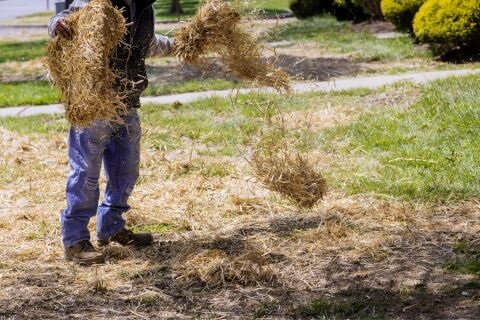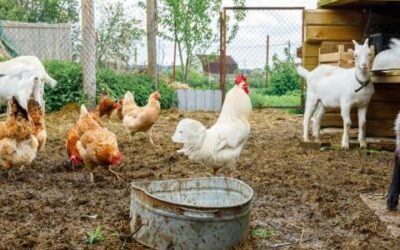
When it comes to creating a healthy and vibrant garden, choosing the right mulch is a decision that can make all the difference. Mulch not only enhances the aesthetics of your garden but also plays a crucial role in maintaining soil moisture, suppressing weeds, and regulating soil temperature. With a plethora of mulch options available, it’s essential to make an informed choice. Here are some tips to help you select the perfect mulch for your garden:
Understand Your Garden’s Needs:
The first step in choosing mulch is understanding your garden’s specific requirements. Different plants and garden types have varying needs. Are you growing vegetables, ornamental plants, or a mix of both? Is weed control a significant concern? Are you looking to improve soil fertility or conserve moisture? Knowing your garden’s needs impacts how to choose mulch properly.
Consider Organic vs. Inorganic Mulch:
Organic mulches, like wood chips, shredded straw mulch (mixture), or compost, offer the benefit of improving soil quality as they decompose over time. Inorganic mulches like gravel or landscape fabric are excellent for weed control and moisture retention. Decide which type aligns better with your garden goals.
Climate and Weather:
Consider your local climate and weather conditions. Organic mulches may decompose faster in warm, humid climates, while inorganic mulches can become scorching hot in the summer. Choosing mulch that can withstand the challenges of your region is essential.
Mulch Thickness:
The ideal mulch thickness depends on the type of mulch and your garden’s needs. Generally, a 2–4-inch layer of mulch is sufficient to retain moisture, suppress weeds, and regulate soil temperature. However, don’t over-mulch, as this can lead to moisture retention issues.
Color and Aesthetics:
Mulch comes in various colors and textures. Consider the aesthetic appeal of the mulch and how it complements your garden’s overall look. Dark mulches can make colors pop, while lighter mulches provide a more natural look.
Budget and Availability:
Evaluate the cost and availability of mulch in your area. Some mulches, like straw or leaves, may be readily available at little to no cost, while others, such as specialty wood chips, may come at a higher price. Balance your budget with your garden’s needs.
Maintenance Requirements:
Different mulches may require varying levels of maintenance. Organic mulches may need periodic replenishing as they decompose, while inorganic mulches are generally low maintenance. Choose a mulch that aligns with your maintenance schedule.
Stay Informed:
Gardening practices and mulch options evolve over time. Stay informed about new mulch varieties and techniques to improve your garden continually.
Understanding how to choose the best mulch for your garden is essential for creating a thriving and beautiful outdoor space. Happy gardening!




